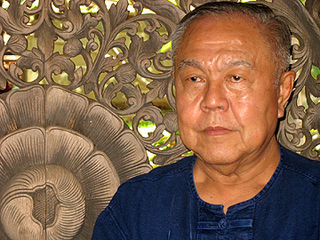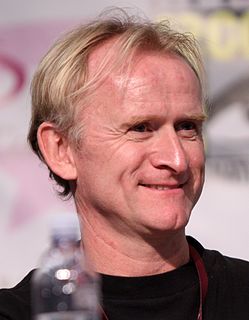A Quote by Noam Chomsky
Major efforts have to be undertaken to bring the general public to understand the real reasons for their plight, and the possibilities for radical social and political change to construct meaningful popular control of all institutions - in communities, in the workplace, in the larger society, and on to the international order.
Related Quotes
Capitalism is a system in which the central institutions of society are, in principle, under autocratic control. Thus, a corporation or an industry is, if we were to think of it in political terms, fascist, that is, it has tight control at the top and strict obedience has to be established at every level. [...] Just as I'm opposed to political fascism, I am opposed to economic fascism. I think that until the major institutions of society are under the popular control of participants and communities, it's pointless to talk about democracy.
Buddhism is not concerned just with private destiny, but with the lives and consciousness of all beingsAny attempt to understand Buddhism apart from its social dimension is fundamentally a mistake. Until Western Buddhists understand this, their embrace of Buddhism will not help very much in the efforts to bring about meaningful and positive social change, or even in their struggle to transform their ego.
Informal relationships are not mere minor interstitial supplements to the major institutions of society. These informal relationships not only include important decision-making processes, such as the family, but also produce much of the background social capital without which the other major institutions of society could not function nearly as effectively as they do.
I'm against ObamaCare, which is imposing radical change, and I would be against a conservative imposing radical change.... I don't think right-wing social engineering is any more desirable than left-wing social engineering... I don't think imposing radical change from the right or the left is a very good way for a free society to operate.
You could make a good case that the history of social life is about the history of the technology of memory. That social order and control, structure of governance, social cohesion in states or organizations larger than face-to-face society depends on the nature of the technology of memory - both how it works and what it remembers. In short, what societies value is what they memorize, and how they memorize it, and who has access to its memorized form determines the structure of power that the society represents and acts from.



































